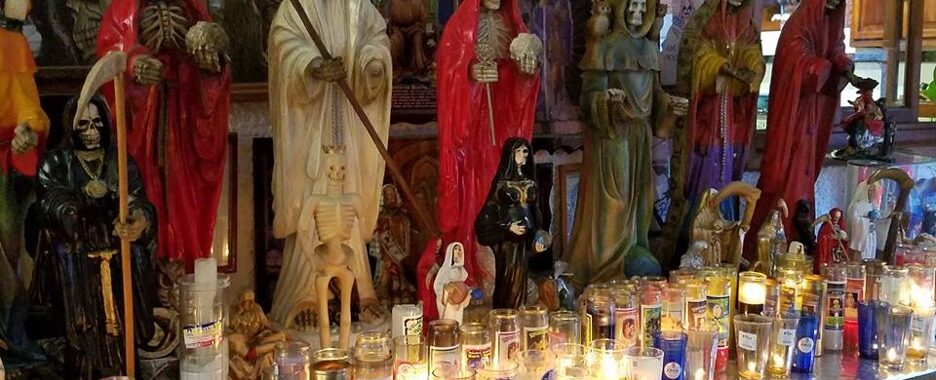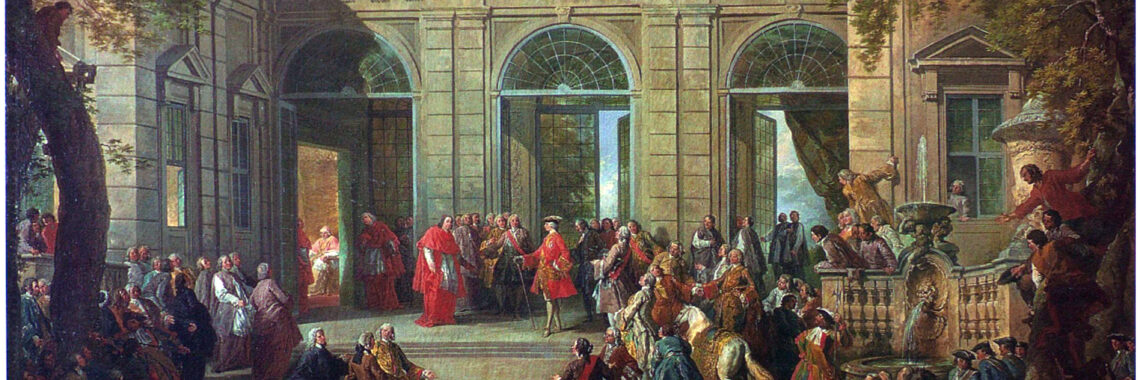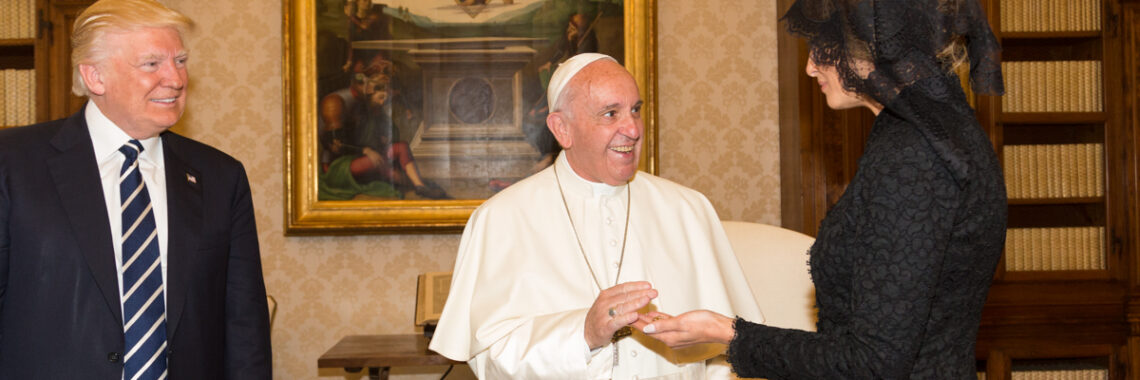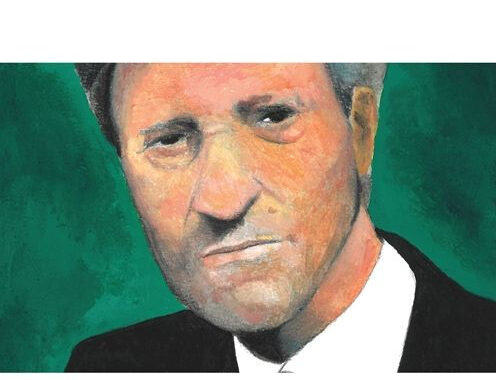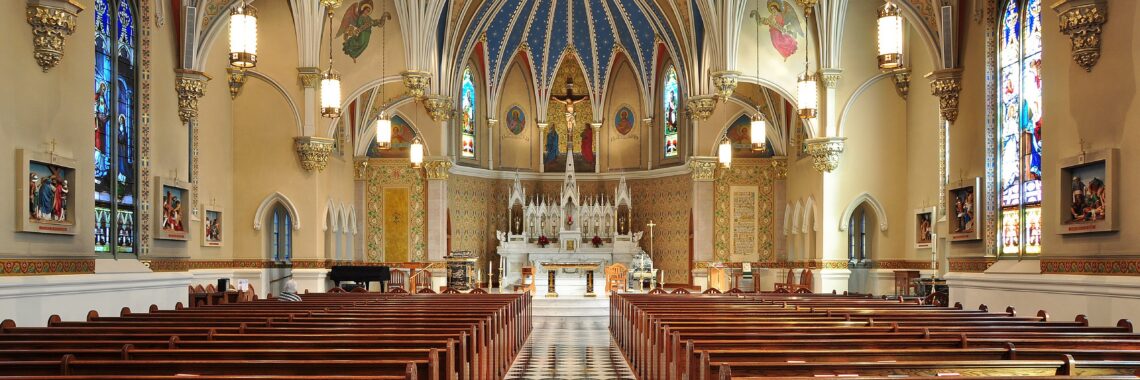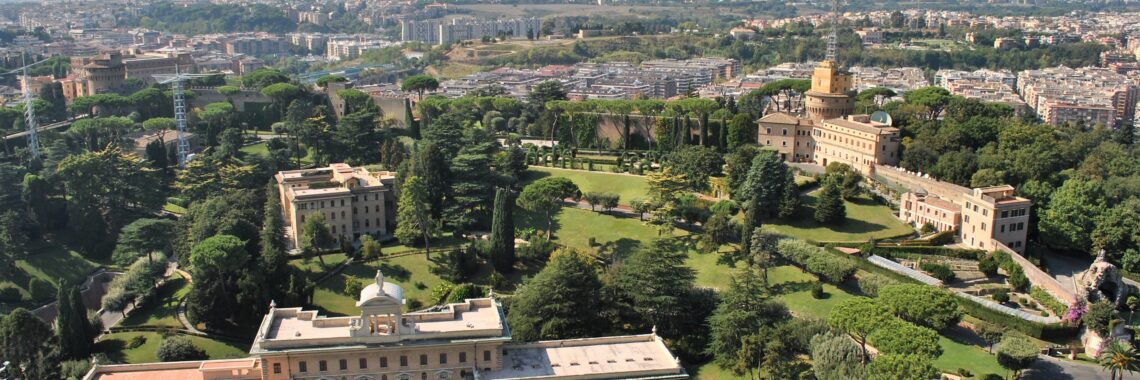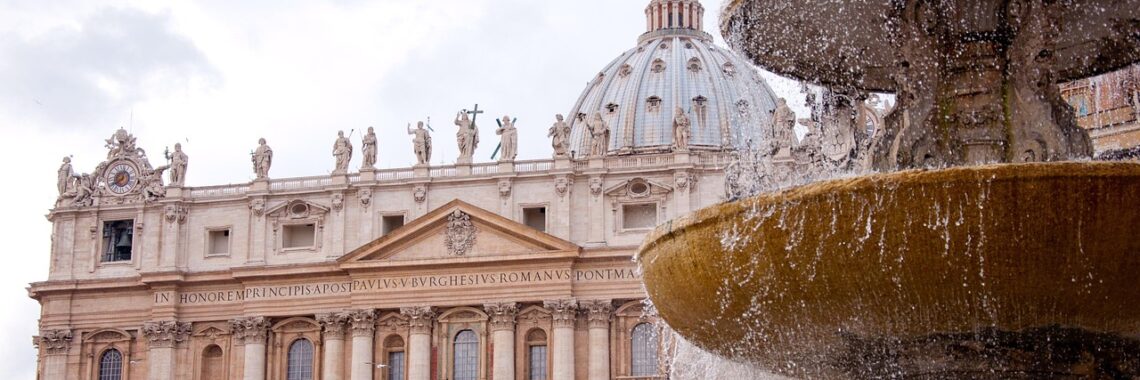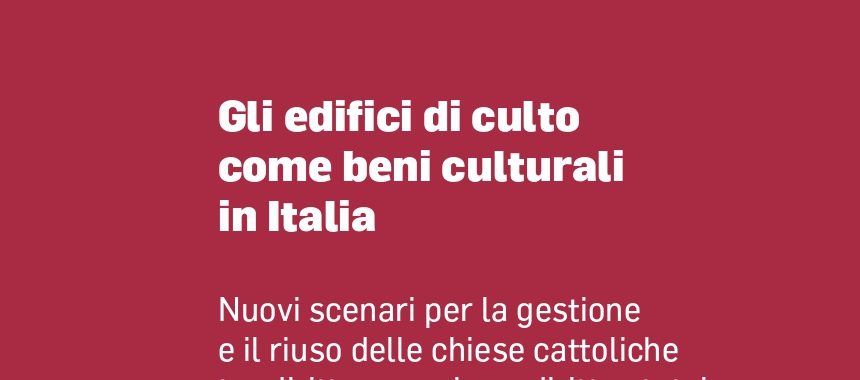“Saint Death v. Church and State: The Political Economy of Santa Muerte in Mexico” by R. Andrew Chesnut
Photo of Santa Muerte iconography. Photo taken by author. In March 2009, Mexican soldiers razed more than forty public shrines to Santa Muerte in Nuevo Laredo and Tijuana, pulverizing cement and plaster images of La Huesuda under the treads of military bulldozers. The spectacular demolitions—repeated in subsequent years, including in Coahuila under President Enrique Peña…


